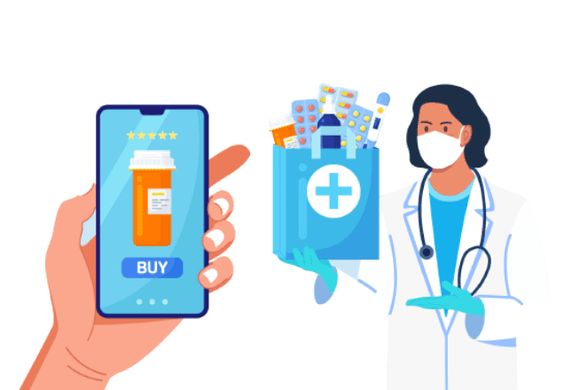Introduction
Administering medicines is a crucial aspect of caregiving, whether you are a healthcare professional or a family member taking care of a loved one. Understanding your responsibility in managing and providing medication is essential to ensure the safety and well-being of the person under your care. This article will discuss your role in administering medicines, highlighting the importance of proper handling, dosage, and documentation.
Understanding Your Role
As a caregiver, your responsibility includes:
1. Knowing the medicine: Familiarize yourself with the medication’s purpose, correct dosage, potential side effects, interactions with food or other medications, and any special instructions for storage or administration.
2. Managing prescriptions: Ensure that you have a current prescription for each medication and keep track of any changes in dosages or schedules by regularly consulting with healthcare providers.
3. Following proper storage guidelines: Store medications according to the manufacturer’s instructions to maintain their safety and efficacy.
4. Safe administration practices: Develop good habits for administering medication, such as washing your hands before handling pills, measuring liquid medications accurately using appropriate tools (e.g., syringe), and documenting every dosage given.
5. Monitoring for side effects: Keep an eye on the person under your care after administering medication to identify possible side effects and consult a healthcare provider if necessary.
Double-Checking Dosage and Timing
Administering the correct dosage at the right time is crucial to ensure the effectiveness of medications. Always double-check the medicine’s label and prescription before providing it to prevent errors. Additionally, establish a routine schedule for medicines that need to be taken multiple times per day to avoid missed doses or overlaps.
Maintaining Clear Communication With Healthcare Providers
Your partnership with healthcare providers is an essential aspect of responsible medication administration. Share concerns about medications’ effectiveness, adverse effects, or other potential issues that may arise during treatment. Collaborate with providers to develop a medication management plan tailored to the individual’s needs and preferences.
Documenting Medication Administration
Proper documentation is vital in ensuring the safety and well-being of the person receiving care. Make a habit of maintaining a medication log that includes:
1. The name of the medication.
2. The date, time, and dosage administered.
3. Any notable side effects or observations.
This log will help you make informed decisions regarding medication adjustments or address concerns with healthcare providers.
Educating Yourself and the Individual Receiving Care
As part of your responsibility for administering medicines, it is essential to educate yourself about each medication’s purpose and potential side effects. Sharing this knowledge with the person under your care can empower them to participate actively in their treatment plan, ultimately enhancing their quality of life.
In Conclusion
Your role in administering medicines is critical in ensuring the safety and well-being of those you care for. By understanding these responsibilities – from managing prescriptions to documenting every dose – you can not only promote effective treatment but foster strong relationships with healthcare providers and cultivate trust from those you support.





